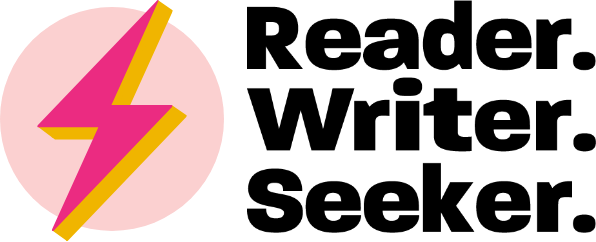Book Review: The Shallows
The Shallows: What the Internet is Doing to Our Brains is a book by Nicolas Carr that provides a history of how our brains process and absorb information delivered in evolving channels from oral storytelling, to the written word, from broadcast media to now through the web. The impetus for the book was a 2008 article in The Atlantic titled "Is Google Making Us Stupid?" So, the premise of the book is the possibility that our continued digital media consumption in bits and bites could be diminishing our capacity to understand and process complex issues the require in-depth information analysis. The conclusion, however, is not that our intelligence is waning, but instead that our faculties are changing, even evolving.
The Brain Changes as It Needs to Change
Through the first few chapters of the book, we learn that our brains are amazingly adept at adapting to these changes. The brain actually re-wires itself to deal with the new experiences: "Evolution has given us a brain that can literally change its mind--over and over again." Experts quoted in the book support this fact:
"Our neurons are always breaking old connections and forming new ones, and brand-new nerve cells are always being created. 'The brain,' observes Olds, 'has the ability to reprogram itself on the fly, altering the way it functions.'""'If we stop exercising our mental skills,' writes Doidge, 'we do not just forget them: the brain map space for those skills is turned over to the skills we practice instead.'"
Are We More or Less Creative as a Result?
Our brains become more accustomed to cursory scanning of data for relevant bits of information; in turn, it becomes more difficult for the brain to focus on long-form, single-source reading. This is not a bad thing, as we are able to gather the same amount of information, but now diversify the sources from which that information comes. However, a question was posed about the stifling of creativity as a result of reduced focused on reading as a meditative act. Many of those quoted in the book felt the opposite was true:
"Friedman told me...that he's 'never been more creative' than he has been recently, and he attributes that 'to my blog and the ability to review/scan "tons" of information on the web.'""Karp has come to believe that reading lots of short, linked snippets online is a more efficient way to expand his mind than reading '250-page books'...""Muses Davis, 'The Internet may have made me a less patient reader, but I think that in many ways, it has made me smarter. More connections to documents, artifacts, and people means more external influences on my thinking and thus on my writing.'"
Conclusion
History has shown that our brains adapt to the way information is processed: we did it when converting from oral storytelling to the written word and we are doing it as we convert from the written word to the digital word.
Recommendation
Read The Shallows. It is a quick, interesting and relevant read right now.
